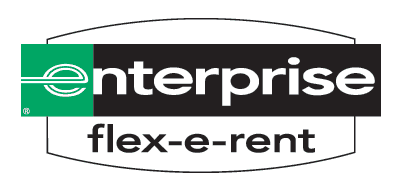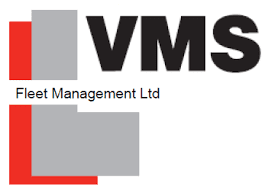Box vans offer several advantages over standard fridge vans, making them a popular choice for refrigerated transport. Some key benefits include:
- Better Insulation – Box vans are more effectively insulated, particularly around doors and side panels where standard fridge vans may have gaps or tapering that reduces thermal efficiency.
- Greater Flexibility – Unlike fridge vans built into the body shell, box vans aren’t restricted by chassis constraints, allowing for more adaptable configurations.
- Customisable Size & Layout – Box vans offer flexibility in dimensions, internal layout, and payload capacity to suit different business needs.
- Better for Tail Lifts – The level floor design makes box vans more suitable for tail lift operations, improving loading and unloading efficiency.
- Extended Lifespan – The box can be removed and fitted to a new chassis when upgrading the vehicle, effectively extending its usable life and reducing long-term costs.
Box fridge vans offer several advantages over traditional fridge vans. Fridge vans are typically standard panel vans converted with insulation, whereas a box fridge van is built with a dedicated, insulated box body. This can often give better temperature control, making it ideal for transporting perishable goods over long distances.
The box shape gives more internal space, which makes it easier to stack and organise your goods. Moreover, due to the flat walls and ceiling, box vans have better customisation capabilities with options for shelves and multi-compartment temperature zones. Loading and unloading tend to be more efficient with box vans, due to the wide rear doors, especially for pallets and totes.














